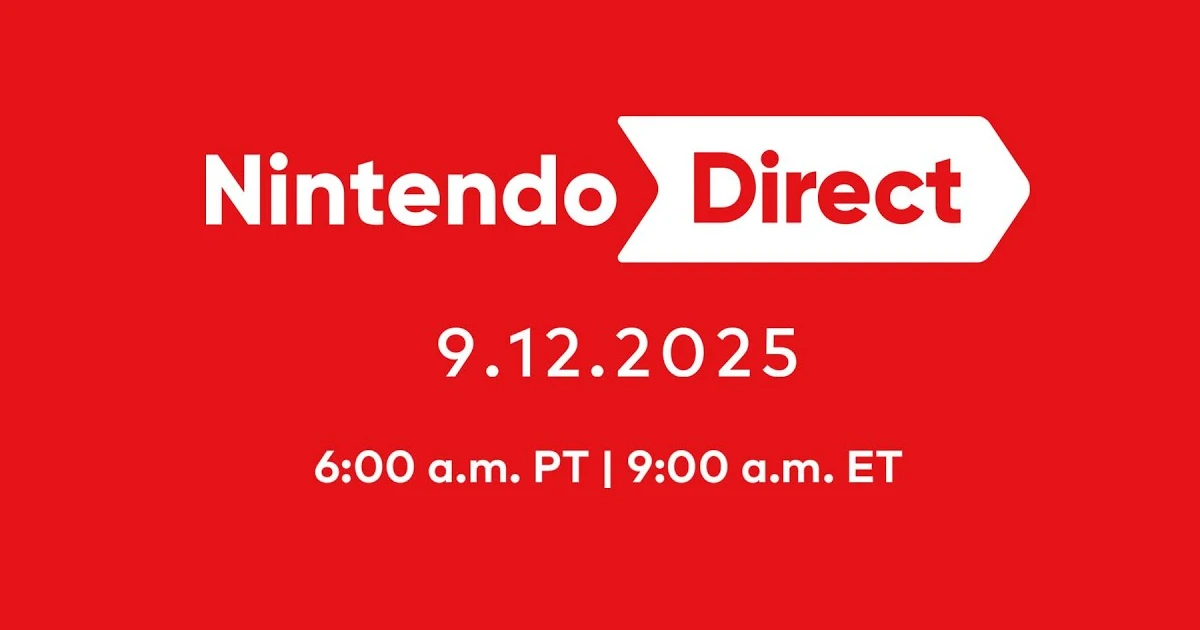Even more so, earlier this year, The Washington Post reported that the US Home Office sought a secret court order in the UK’s surveillance court demanding that Apple allow UK authorities to have access to the end-to-end encrypted cloud data stored on any customer in the world. This process would also include your iPhone and iPad backups. Also worth mentioning is the fact that Apple stores its data in a way that only customers can access it, without Apple having permission to do so.
Under UK law, tech companies subjected to secret surveillance court orders, such as the ones Apple has created, are legally barred from revealing details of a specific order, even more so of the existence of the order itself, despite details of the demand publicly leaking earlier this year. Critics are calling the sacred order against Apple “draconian,” saying it would have a global effect on users’ privacy. Apple has since appealed the legality of the order.
On Tuesday, in his latest letter sent to top US intelligence official Tulsi Gabbard. Ron Wyden, who serves on the Senate Intelligence Committee, said that while tech companies cannot declare whether they have received a UK order, at least one tech giant has confirmed that it hasn’t received one.
Meta, which uses end-to-end encryption to protect user messages sent between WhatsApp and Facebook Messenger, told Wyden’s office on March 17 that the company has “not received an order to backdoor our encrypted services, like that reported about Apple."
As a result, Google would not tell Wyden’s office whether or not it had received a UK government order for accessing encrypted data, such as Android backups, Wyden adding “only stating that if it had received a technical capabilities notice, it would be prohibited from disclosing that fact”, reported TechCrunch.
More so, Karl Ryan, a spokesperson from Google, told TechCrunch in a statement that “We have never built any mechanism or ‘backdoor’ to circumvent end-to-end encryption in our products. If we say a product is end-to-end encrypted, it is.”
He also added, “We haven’t received a technical capabilities notice,” talking about any UK surveillance order.















